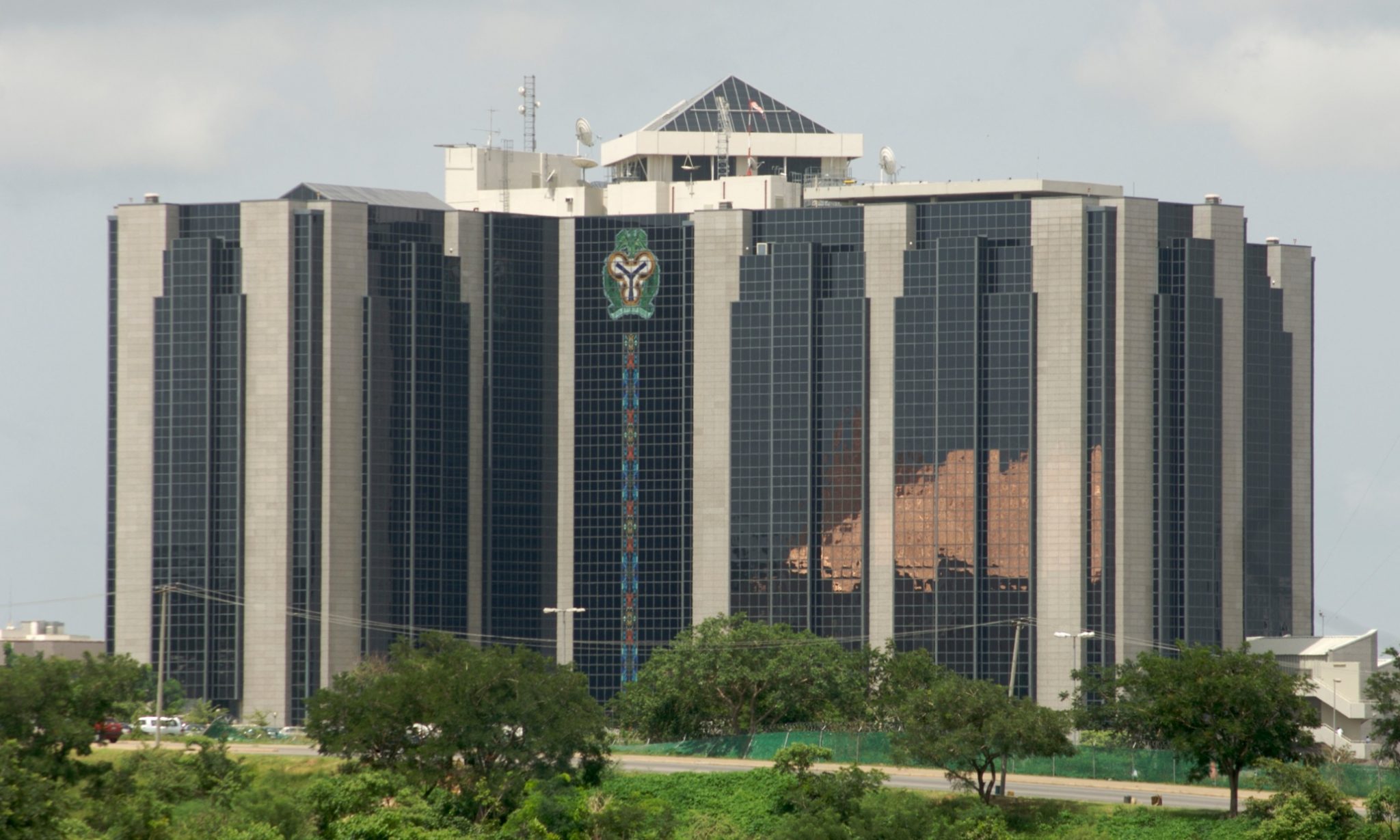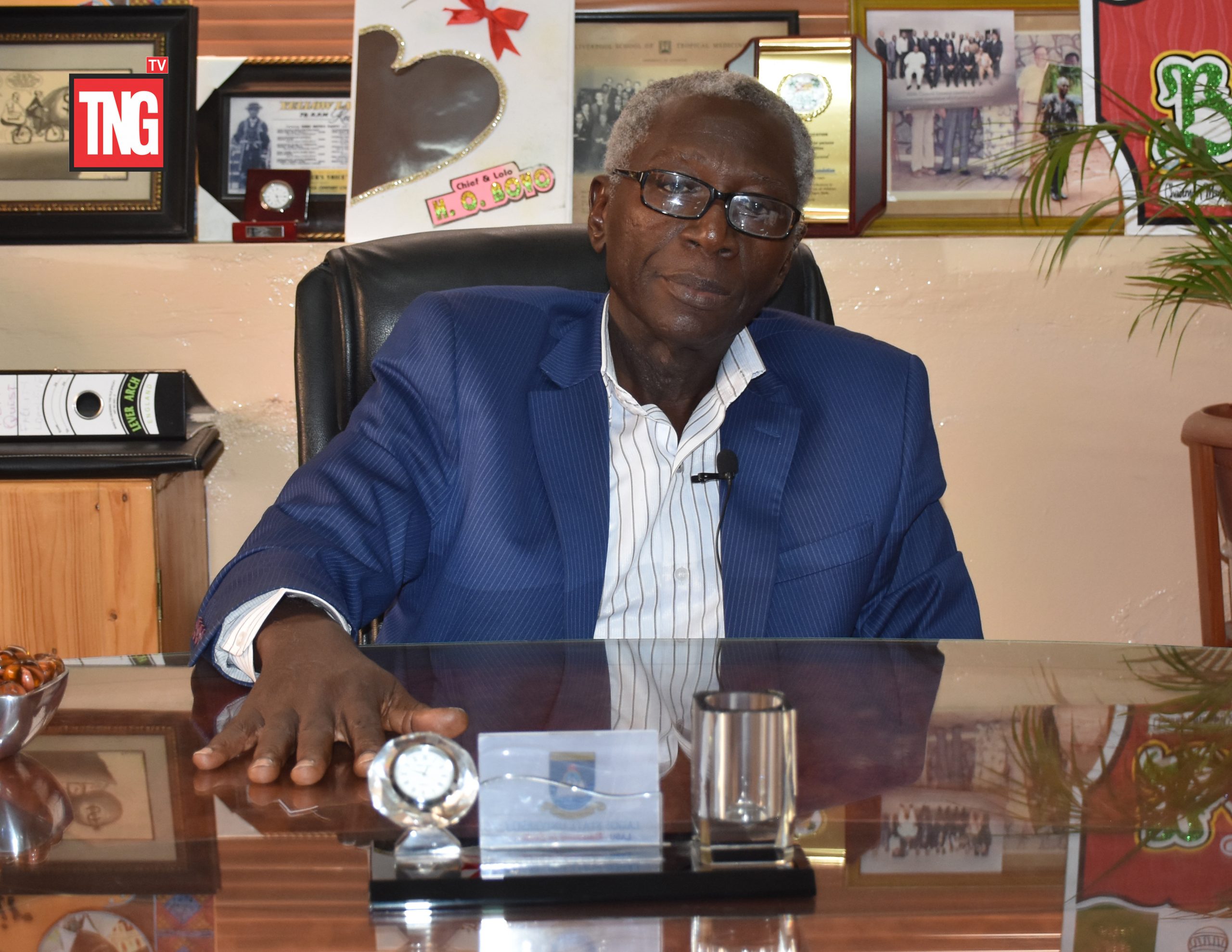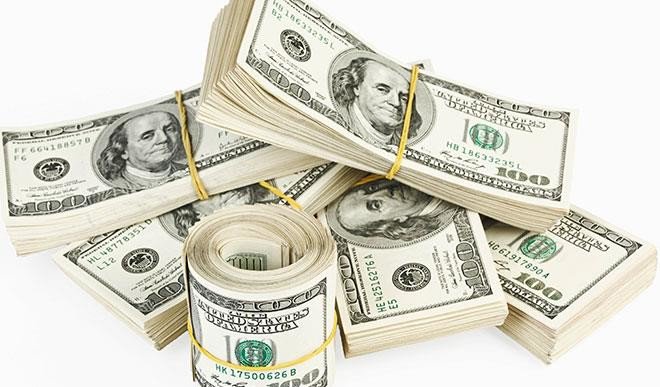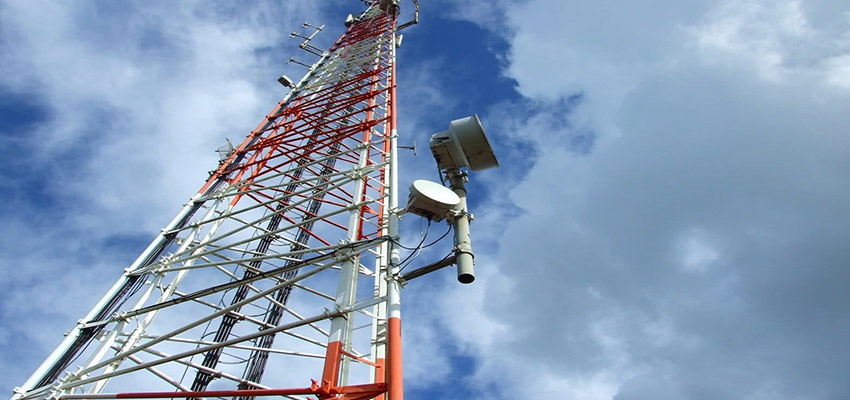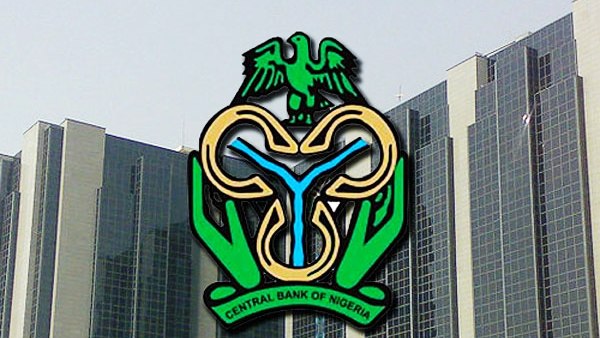By Henry Boyo
“The Central Bank of Nigeria offered six and 12-month Treasuries, at yields higher than the country’s inflation rate to lure yield-hungry investors and attract dollar inflows.”
“Notably, the CBN sold a total of N204.96bn ($650.67m) in bills, on 19th July 2017. Meanwhile, “Annual inflation rate has reportedly eased to 16.1 percent.”
However, the interbank lending rate, (i.e. the rate at which banks lend to each other) rose from 5 percent to around 20 percent, on Thursday, 20th July after CBN sold Treasury bills, to mop-up excess money supply and also announced plans to auction dollars.”
“In practice, the interbank rate rises steeply whenever money supply is scarce, and conversely, falls when the system is flushed with surplus money supply.
“Traders have suggested that the sale of Treasury bills left some banks, short of cash, forcing them to scramble for funds from the interbank market to buy T/bills and dollars; the resultant cash squeeze expectedly pushed up the cost of borrowing amongst lenders to almost 20 percent.”
The preceding is a summary of a report titled “CBN Sell T/Bills above inflation to attract FX Flows” (see pg. 37 of Monday 24th July 2017 edition of Punch Newspaper). A similar report was also syndicated in several media last week. The popular translation of the above narrative, however, is that CBN will pay between 13.42-18.54 percent interest to borrow over N204bn ($650.67m) of perceived surplus funds, presently held primarily by banks.
Ironically, despite the clearly shylock interest rates, inappropriately attached to these risk free government loans, the borrowed funds will, inexplicably be simply sterilized from use by CBN, so that a perceived surge in money supply, will not increase the already pervasive, oppressive social pain of inflation for, beyond the reported horrors, of the still largely remote impact of terrorism on most Nigerians.
Incidentally, these humongous CBN loans, exclude the strident, and regular incursions of the Debt Management Office (DMO), when it also borrows, for longer tenors, at equally disturbing rates of interest, to fund the domestic component of the projected N2.85tn deficit in the 2017 budget; it is disturbing that a portion of such expensive debt, will be simply applied to plain consumption expenditure, particularly, when over 50 percent of aggregate revenue is presently required to service existing debt.
The above narrative invariably suggests that the high cost of domestic borrowing, cannot infact, be due to scarcity of loanable funds, since CBN, still compulsively borrows to remove perceived, irrepressibly surplus funds, from the money market, at rates that make it suicidal for the productive sector to also borrow to grow their businesses and create more jobs.
Nonetheless, one may be forgiven for also wondering why DMO continues to also borrow heavily with such oppressive rates to fund budget deficits, when CBN ‘perpetually’ sits on trillions of sterilized, mopped up, surplus ‘idle’ funds on which it pays heavy interest!
Ultimately, the plausible deduction from the preceding narrative, is that, despite the very heavy cumulative cost of servicing increasing government loans and a contracting industrial/commercial landscape, CBN will invariably, still enthusiastically welcome DMO’s additional borrowings, as these huge loans will clearly support the Apex bank’s objective of reducing the undeniably troublesome level of money supply, to stop inflation from spiraling out of control.
However, in practice, even the restraint on liquidity from DMO’s borrowings will ultimately diffuse, when these loans, which are specifically obtained to fund budget deficits, inevitably flow into the money market, and become freely applied to various projects and expenses during the fiscal year.
Sadly, therefore, the very high cost strategies adopted to simultaneously restrain excess money supply and inflation and also fund budget deficits, is clearly counter-productive, as the present 16.10 percent inflation rate, unfortunately, still remains far from best practice rates below 3 percent in more successful economies, and is therefore, clearly an indictment on CBN’s ability to achieve its core mandate for price stability.
Nonetheless, even if cost of loans to government is inappropriately excessive, all may still not be lost, as CBN is clearly optimistic that government’s promise to pay over 18 percent interest rates annually, on its debt obligations will hopefully, attract speculative hot foreign exchange flows, to lift our reserve base and sustain Naira stability around the present N305-360=$1. However, it is evident that with the overt historical relationship, between higher reserves and Naira exchange rates, a return to the former N165=$1 rate, is obviously, sadly, no longer expected, even if oil price/output, unexpectedly, fortuitously soar once again.
Besides, if indeed, speculative foreign investors actually move to take advantage of the 18 percent plus, high interest rate offered in Nigeria, in place of less than 5 percent for such sovereign loans, elsewhere, these investors may still be concerned that, if inflation rate remains sticky around, 16 percent, the net profit on their investments may actually fall below 3 percent, to take the shine off the earlier promised bountiful yield. Consequently, the CBN and the DMO may become goaded, once more, to offer well over 20 percent interest rate, even on short term treasury bills, in order to bait hesitant foreign investors to bring in their dollars. Understandably, in such ambience, the commercial banks’ interest in funding the productive sector would at best remain patronizing, so long as these banks can also earn over 20 percent, guaranteed, from lending directly to government, the same money that is, ironically, created by government!
Thus, any expectation of a diversified economy or campaign for patronage of ‘Made in Nigeria’ goods, would invariably be plain propaganda, because only few businesses can actually survive with such atrocious cost of borrowing. Furthermore, even if interest rate on otherwise, risk free government securities, exceed 20 percent, speculative investors may still require protection against devaluation; for example, if the dollar rate tumbles once more near N500=$, foreign holders of government securities, would have seriously burnt their fingers, if they cannot repatriate their funds at between 305-360=$1 when their investments mature.
Instructively, in such event, the urgent demand to liquidate foreign portfolio investments and repatriate funds, will, once again, send the Naira rate into a tail spin, as witnessed since 2015, when these speculators hurriedly withdrew about $15bn from the domestic forex market! So, the question is why have we failed to learn our lessons from, even the very recent past?
Ironically, Godwin Emefiele, CBN Governor, has expressed concern, after the Monetary Policy Committee (MPC) meeting on Tuesday 26th July, 2017, over government’s N2.51tn fiscal deficit between January-June 2017, and regretted that the high cost of government’s increasing debt, inevitably stifles the growth of the private sector; the MPC communiqué, after the meeting, was also obviously not unmindful of the high cost of capital and its implications, on an ailing economy, but, sadly also noted, in apparent exasperation, that the prevailing high cost of capital and simultaneous burdensome liquidity surfeit in the banking system, have created a weakness in the CBN’s financial intermediation.
However, the fresh additional loan of N205bn from T/bills mop up in July, notwithstanding, the CBN has again advertised its intention, to once again, mop up (read as borrow) almost N230bn with the sale of T/bills by 3rd of August 2017.
Ironically, any dousing impact on inflation from the N430bn total mop up by CBN between July and August, may actually be made meaningless, by the bumper disbursement, last week, of over N650bn as government revenue allocations for June 2017. The liquidity surge propelled by this huge allocation and the recent disbursement of another N388.304bn Paris debt refund will invariably compel further auctions of T/bills to mop up surplus Naira liquidity and restrain inflation, despite the crushing impact on the real sector and social welfare. When will such suicidal nonsense stop?
Save the Naira, save Nigeria!!!
